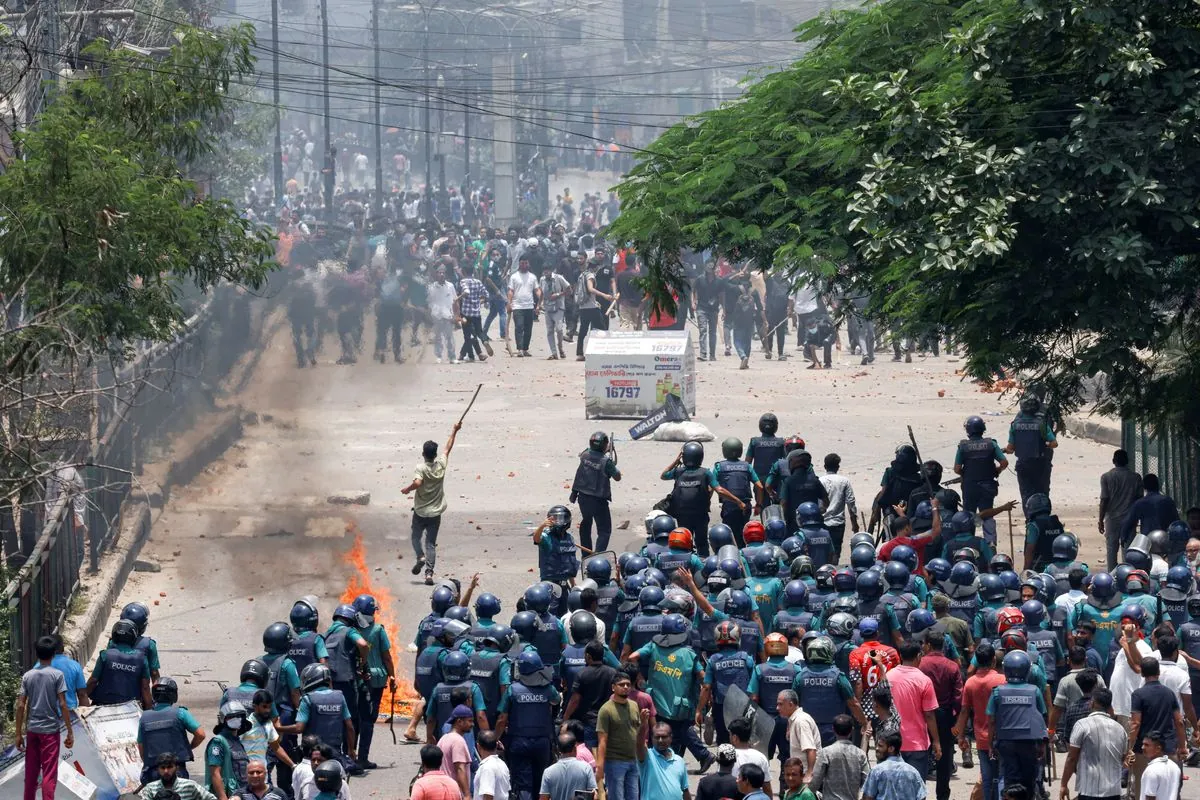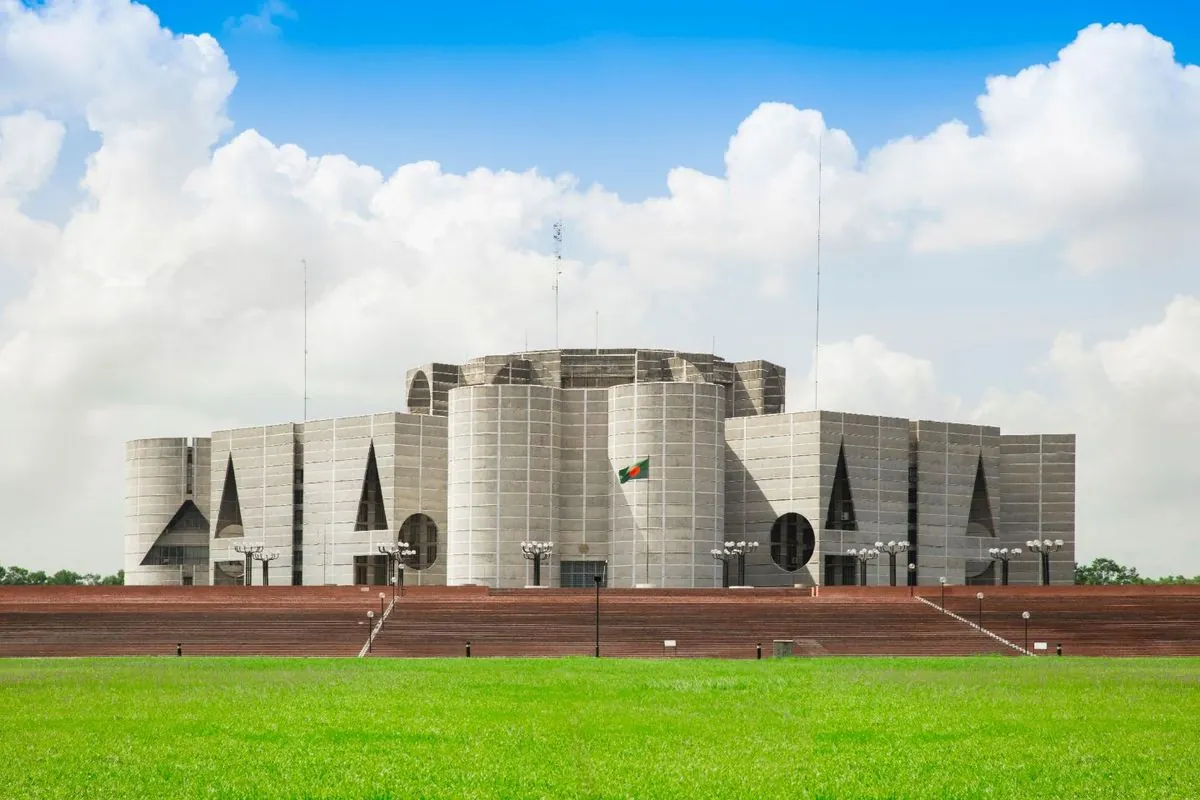Bangladesh's Political Upheaval: A Month After Hasina's Ouster
One month after student protests ousted Prime Minister Sheikh Hasina, Bangladesh grapples with ongoing unrest and reforms under an interim government led by Nobel laureate Muhammad Yunus.

One month has passed since a student-led movement in Bangladesh culminated in the ouster of Sheikh Hasina, the country's longest-serving prime minister. The protests, which began over government jobs, escalated into a large-scale revolt that resulted in over 600 fatalities and pushed the nation to the brink of chaos.
On August 5, 2024, Hasina fled to India as public anger against her government reached a boiling point. The subsequent power vacuum led to further unrest, with police strikes and widespread rioting. The situation stabilized only after a new interim government, led by Nobel Peace Prize laureate Muhammad Yunus, was sworn in.
Yunus, who received the Nobel Peace Prize in 2006 for his pioneering work in microcredit, has outlined his primary objectives: restoring peace, combating corruption, and preparing for new elections. His cabinet, which includes two student leaders who were at the forefront of the protests, is focusing on reforming key institutions such as the judiciary, law enforcement, and the Election Commission.

The interim government faces significant challenges. Yunus has appealed for patience from the public, acknowledging the need for time to implement meaningful changes. The country's garment industry, a crucial sector of the economy, has been disrupted by worker protests demanding better wages, forcing the closure of approximately 100 factories.
Bangladesh, with a population exceeding 160 million, has made remarkable progress in recent years, achieving an average GDP growth rate of 6-7%. However, the country continues to grapple with issues such as corruption, infrastructure deficiencies, and human rights concerns.
The student movement that led to Hasina's downfall has evolved, with some students now actively participating in traffic management in Dhaka, the capital city. While some educational institutions have reopened, including Dhaka University, which was the epicenter of the protests, attendance remains low. Many students express optimism about the interim government's potential to bring about significant change.
"By replacing them, we are correcting past mistakes. It is not possible to change the entire country in one month. … We need to give the government some time."
The country is slowly returning to a state of normalcy. The nationwide curfew has been lifted, and internet services have been restored. However, the morale of law enforcement remains low following the violent clashes during the uprising.
Looking ahead, the most pressing question is the timing of the new elections. The Bangladesh Nationalist Party (BNP), Hasina's main opposition, is pushing for early polls. However, some experts caution that hasty elections without proper reforms could lead to further instability.
Bangladesh's political landscape has been dominated by the Awami League and the BNP since the 1990s, reflecting a history of political instability that dates back to the country's independence from Pakistan in 1971. As the nation navigates this critical juncture, the interim government's ability to balance reform efforts with the demand for swift elections will be crucial in shaping Bangladesh's political future.


































